Dentist Near Me
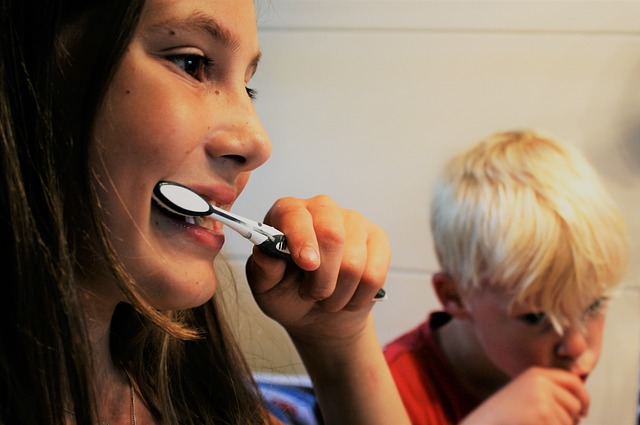
Little teeth will grow into a big smile. To ensure your child is on track for a lifetime of optimal oral health, it is important to instill good oral hygiene habits early in life. We understand that this can sometimes be a challenge. It’s hard to keep the interest of young children, which can make brushing twice a day for two minutes each time difficult to do. We’ve gathered a few pointers to help you and your child make brushing time a fun experience.
Choose a Cool Toothbrush and Great Tasting Toothpaste
Make your child part of the process by allowing them to select a cool toothbrush. By choosing one with a favorite color or neat character on it, selecting a toothbrush can be fun. When it comes time to choose a toothpaste, pick one that is palatable to your child. Not all children find the mint flavors often used in adult toothpastes to be appealing. Instead, go for one with a taste your child loves.
Timing is Everything
It is essential that your child brushes for a full two minutes, twice each day. Two minutes can feel like a long time. Allow your child to control a timer to better engage them in their brushing. Use a sand timer, egg timer, or even a timing app on your phone. Many children also find it helpful to visually see how long they have been brushing.
Brush Together
Children learn by example. You can set a great example for your child by being a brushing role model. Brush together with your child. This also gives you the opportunity to correct any improper brushing habits they may otherwise do on their own. By brushing together, you are also emphasizing the importance of regular brushing each day. Show your child that proper oral hygiene is important.
For most adults, brushing your teeth is second nature. For young children still learning, it can be challenging or boring. You can help your child prepare for a lifetime of optimal oral health by helping them feel comfortable brushing their teeth properly. Stick to cool toothbrush designs and fun flavors. Also try using a timer, and brushing together to further build good habits. Don’t forget that your child should visit us for regular examinations and professional cleanings.
Contact our office to schedule your child’s next visit.
5399 N Milwaukee Ave
Chicago, IL 60630
Phone: 773.763.1000
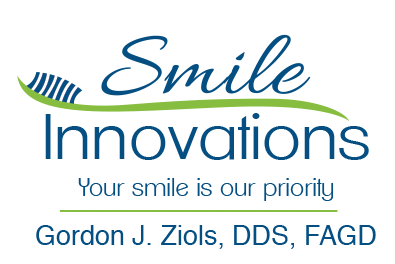

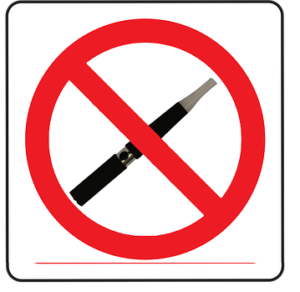 The hazards surrounding vaping are not entirely clear. More research is needed in this area, but a recent study indicates that e-cigarette vapors could be damaging to your mouth. Here’s what you need to know.
The hazards surrounding vaping are not entirely clear. More research is needed in this area, but a recent study indicates that e-cigarette vapors could be damaging to your mouth. Here’s what you need to know.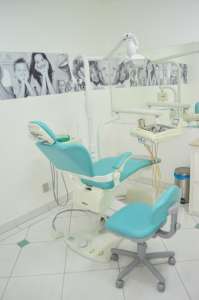 Maintaining your gum health is vital to your overall health. When you visit our office for an examination, our trained hygienists perform a periodontal exam. In fact, during your examination, our team is quietly assessing your oral health by performing a number of checks. Here’s what you need to know about periodontal disease.
Maintaining your gum health is vital to your overall health. When you visit our office for an examination, our trained hygienists perform a periodontal exam. In fact, during your examination, our team is quietly assessing your oral health by performing a number of checks. Here’s what you need to know about periodontal disease. Most serious oral health issues can be prevented by maintaining an effective routine of dental hygiene and in-office care. However, you could be at higher risk for some oral illnesses due to hereditary factors. Awareness and proper treatment can help minimize these risks. Here are a few of the most common oral health concerns that are affected by genetics.
Most serious oral health issues can be prevented by maintaining an effective routine of dental hygiene and in-office care. However, you could be at higher risk for some oral illnesses due to hereditary factors. Awareness and proper treatment can help minimize these risks. Here are a few of the most common oral health concerns that are affected by genetics. Dentist 60630
Dentist 60630 At times, life can seem to move quickly. Between work, school, sports, and social events, it can seem there is little time left for you and your health. It’s imperative for a healthy mouth and body to always have your next dental appointment scheduled and to prioritize this care. Our team will work with you to find the most convenient day and time for you. If you need to reschedule, we will do our best to accommodate you. Advanced notice of a change is greatly appreciated, whenever possible. Missed appointments without notice are harmful to our practice, as we’ve reserved your appointment time exclusively for you.
At times, life can seem to move quickly. Between work, school, sports, and social events, it can seem there is little time left for you and your health. It’s imperative for a healthy mouth and body to always have your next dental appointment scheduled and to prioritize this care. Our team will work with you to find the most convenient day and time for you. If you need to reschedule, we will do our best to accommodate you. Advanced notice of a change is greatly appreciated, whenever possible. Missed appointments without notice are harmful to our practice, as we’ve reserved your appointment time exclusively for you.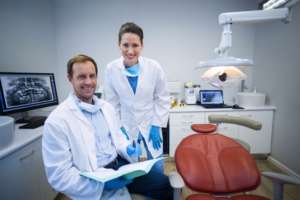 It’s highly likely that after visiting our practice, you understand the value of a thorough, professional dental cleaning. It’s also likely that you may not fully understand the importance of a complete exam and radiographs.
It’s highly likely that after visiting our practice, you understand the value of a thorough, professional dental cleaning. It’s also likely that you may not fully understand the importance of a complete exam and radiographs. During a comprehensive dental examination, our team will look for signs of oral cancer. Early detection is key with oral cancer. If caught early, most forms of oral cancer are treatable. Our dental team is trained and educated to identify oral cancer.
During a comprehensive dental examination, our team will look for signs of oral cancer. Early detection is key with oral cancer. If caught early, most forms of oral cancer are treatable. Our dental team is trained and educated to identify oral cancer. The human body is a network of interconnected systems and organs. Unfortunately, issues that impact one particular area of your body can also effect the health and function of other areas. Recently, studies have highlighted evidence for links between gum disease and heart disease.
The human body is a network of interconnected systems and organs. Unfortunately, issues that impact one particular area of your body can also effect the health and function of other areas. Recently, studies have highlighted evidence for links between gum disease and heart disease. Nearly everyone has at least one habit that they wish they could break. Did you know that some of them can affect your oral health? Here are a few common habits and tips for how to break them.
Nearly everyone has at least one habit that they wish they could break. Did you know that some of them can affect your oral health? Here are a few common habits and tips for how to break them.